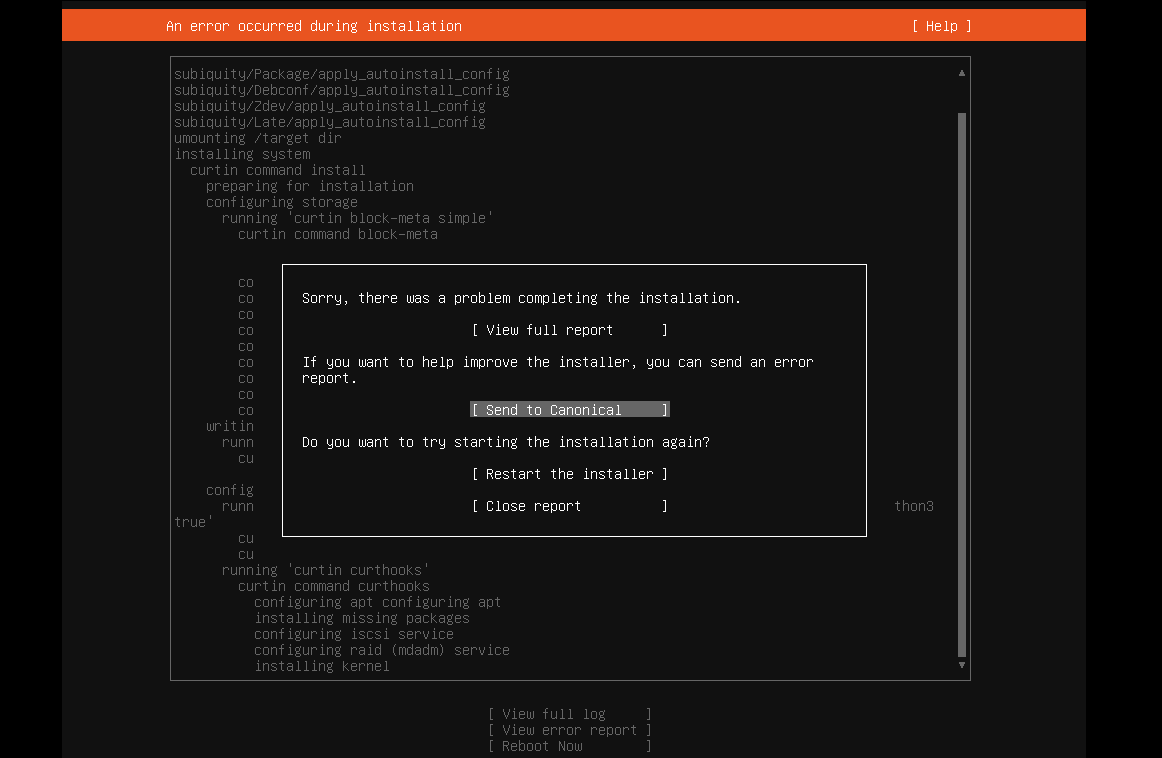I’m
not sure I quite know how to put into words how I feel about the tech industry
lately. I used to always want the latest
gear, and be constantly on the hunt for new hardware that would make my games
run faster and look better. Now it
seems, everything has just stagnated.
In
1997, I bought a $500 scanner – considered low-cost at the time. I bought it because my friend’s dad had one
and I thought it would be cool to be able to scan documents and photos. But I didn’t take very many pictures or have
all that much to scan. This turned out
to be my first major purchase that was a total flop, and I started being much
more careful about how I spent my money from then on.
I
think the real change came around 2005 though.
That was the year that DirectX 9 games came out – Half-Life 2, Quake 4,
etc. Those were really the last new
games that I would play until about 2012.
I spent a lot of time playing CS:Source, but a lot less time playing
video games in general.
Graphics
also began to stagnate, and a lot of that was because of the Xbox 360 and PlayStation
3 being around for so long. It wasn’t
until the upgraded versions of those consoles came out that there were real
improvements. Not that it really
mattered, because by 2004, it seemed like things were just “good enough.”
A
lot had changed in my life by then besides gaming too. I had gone through college and started
working, so I had less time and other priorities. It seems like I have lost a lot of my
creativity too. But now it seems like
software is something that you rent.
You’ll never get to play your old games after a few years, and
definitely not in their original form, before they were broken with a bunch of
patches.

